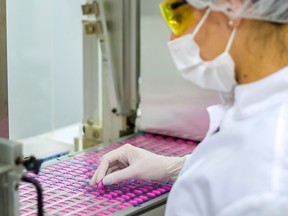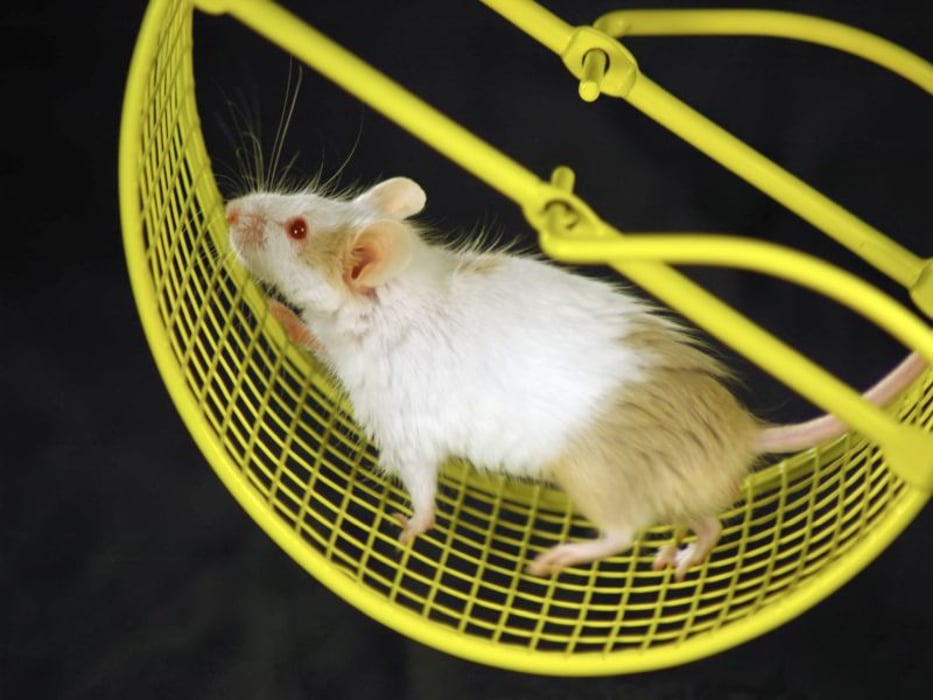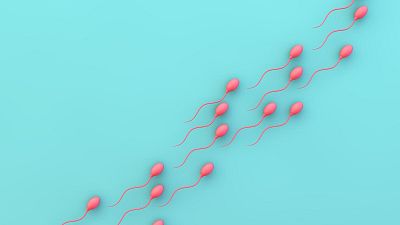Of Mice, Men and Fertility
"Most female birth control pills work on the female sex hormones.""Targeting the male sex hormone leads to a lot of side-effects such as weight gain, depression and increased risk of cardiovascular diseases.""Men are less willing to take a birth control pill that has significant side effects. That's why we are targeting a non-hormonal pathway to developing a male birth control pill."MD Abdullah al Noman, Ph.D.candidate, University of Minnesota"That's very important -- that you knock out the target that you've achieved the desired effect but the mice are also viable and healthy.""Of course, you have to be careful with this analysis because they are mice and not humans, but nevertheless the effect was very, very promising."Gunda Georg, researcher, University of Minnesota
 |
Condoms and vasectomies are currently the sole options for men to select between as a form of birth control in the reality of no available oral contraceptives. Researchers in presenting their findings at the American Chemical Society's 2022 conference in San Diego, California noted that condoms are single-use, prone-to-failure devices, and vasectomies considered a permanent form of male sterilization with the potential of reversal, lacking guarantees.
In presenting their birth control pill for men, the scientists lauded it as a new, highly-effective non-hormonal contraception. Its efficacy was tested on mice, leading to a 99 percent success rate in the prevention of pregnancy. Human trials are proposed to begin the second half of 2022. The researchers explained that the pill is designed to target interactions with vitamin A, a vital compnent in fertility, instead of targeting hormones.
 |
| iStock |
In avoiding testosterone, the male sex hormone, no side-effects were observed in the animal models. Following four weeks of oral administration of the compound -- YCT529 -- a significant reduction in sperm count was observed in the mice which led to the 99 percent success rate in preventing pregnancy, in the absence of any observable side-effects.
Once the treatments were stopped within four to six weeks the mice returned to normal levels of virility. Clinical trials on humans to be initiated in the second half of the year, though potentially risky, will lead to the conclusive trials, clearing the way for the formulation to be approved and eventually marketed as the first-ever available oral male-specific birth control pill.
 |
| A daily pill shows it can temporarily make mice sterile, and researchers hope to start human trials later this year.. - Canva |
Labels: Animal Models, Impending HumanTrials, Male Contraceptive, Research

0 Comments:
Post a Comment
<< Home